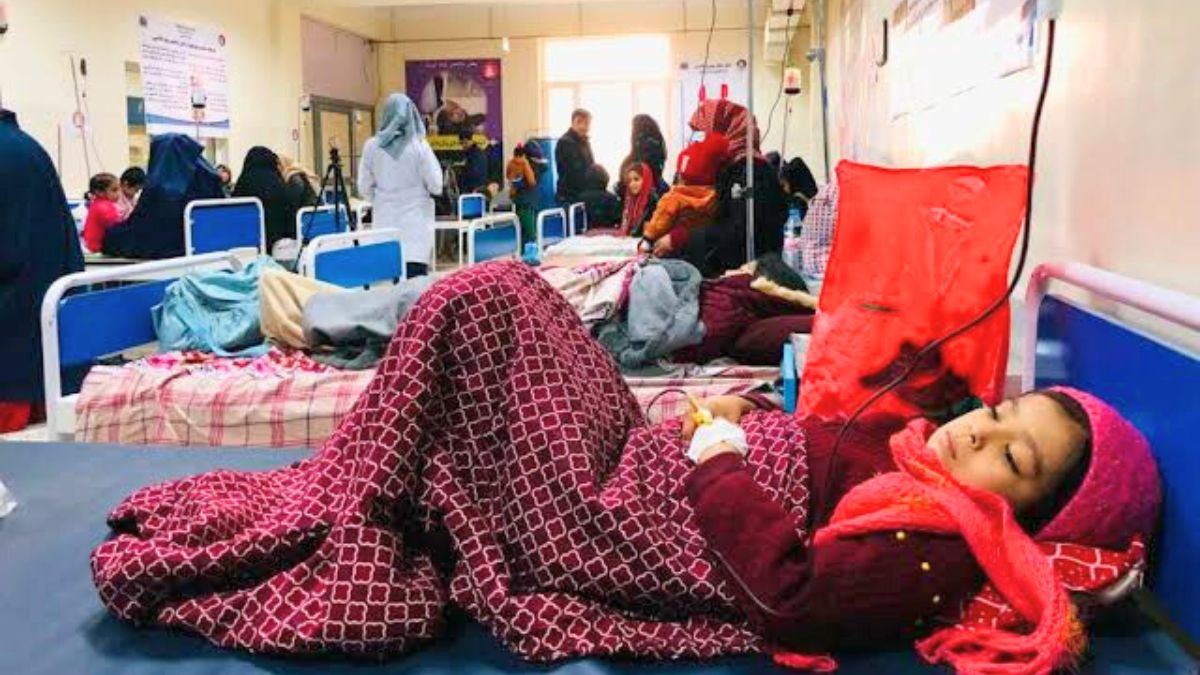In the eastern zone of Afghanistan, a pressing health crisis is unfolding as over 1,600 individuals grapple with thalassemia, a severe genetic blood disorder. This community’s struggle is compounded by critical shortages of blood supplies and insufficient governmental support, putting lives at grave risk.
Thalassemia, characterized by the body’s inability to produce adequate haemoglobin, requires regular blood transfusions to manage symptoms and prevent life-threatening complications. In a region already strained by conflict and economic instability, these essential treatments are alarmingly scarce. Hospitals and clinics are overwhelmed and often unable to meet the demand for consistent blood supplies.
The situation has reached a critical juncture. Families of affected individuals are reporting dire shortages of both medical resources and financial assistance. Many patients face the prospect of their condition worsening due to the lack of necessary treatments, while others endure severe emotional and financial stress. The government’s response has so far been inadequate, with limited resources allocated to manage this crisis. Without swift and effective intervention, the situation could deteriorate further, making it imperative for a collective effort to ensure the well-being and survival of those affected.
Local healthcare providers are calling for immediate intervention from both national and international bodies. They urge the government to prioritize thalassemia patients and increase funding for blood banks and treatment programs. Additionally, there is a need for coordinated efforts to establish a reliable blood donation system and to raise awareness about thalassemia and its management.
International aid organizations are also being implored to step in, offering medical supplies, financial support, and expertise to help manage the crisis.

